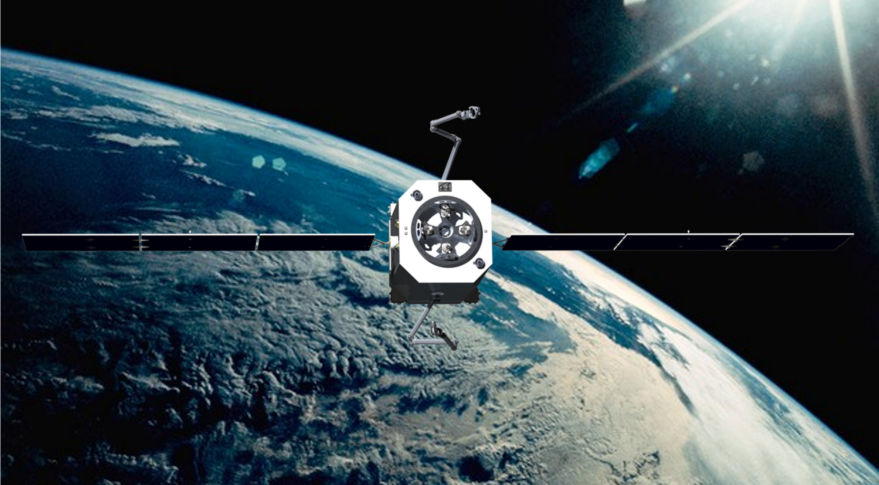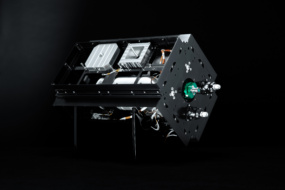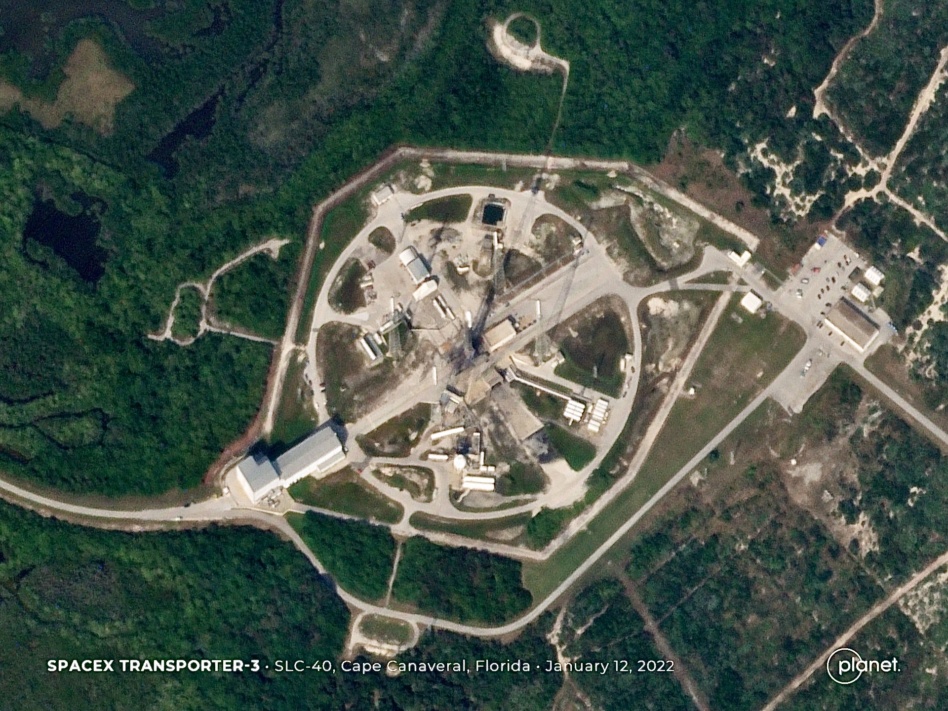Atomos Space announced yesterday that it raised $5M total in 2021, thanks to checks from Cantos Ventures, a deep tech VC, and another unnamed investor. The Denver-based company is developing an orbital transfer vehicle (OTV) that can find and attach to satellites and tow them to more desirable locations.
“We really want to be the train of space,” Atomos COO and co-founder William Kowalski told Payload. We’re suckers for a good space-to-Earth analogy.
Why? For a small company to get a satellite into orbit, it doesn’t make sense to charter a dedicated launch—instead, satellite companies opt to join rideshare missions, which deliver multiple payloads into roughly the same orbit. But if that rideshare is headed to LEO and you need your satellite in GEO, Tundra, or cislunar orbit, you’re stuck. Enter space tugs, or OTVs.
“We can kind of change that equation to make it profitable to have satellites placed in those orbits,” Atomos CEO and co-founder Vanessa Clark told Payload.
Big savings: Using OTVs could save customers ~20-50% when considering both dollar output and the opportunity cost of no longer needing a dedicated launch, Kowalski said. By allowing customers to take advantage of rideshares, customers can get “a low dollar-per-kilogram of a SpaceX Starship or Falcon 9 transporter launch, but then get the precision deployment that they want,” per Clark.
The space tug: The startup is developing 1st-gen vehicles now, which Clark called “small but mighty.” They’ll be powered by electric propulsion and capable of towing 50-100 kg.
Atomos has built a team experienced in on-orbit rendezvous capabilities, and the first-gen tug will be able to find satellites in space and provide precise updates on their location to the company’s customers. The tug has a ~5-year lifespan, and Atomos plans to have it operating back-to-back missions during that time.
Atomos has ambitious plans to develop a nuclear propulsion system for its next tug, which could increase its power to nearly 100 meganewton seconds of impulse and allow it to tow satellites weighing up to hundreds of thousands of kilograms.
New kid on orbit: Atomos isn’t the only company developing tugs to transfer satellites between orbits. Skyrora, Momentus, and Launcher each have their own tugs in the works. What differentiates Atomos, per Clark: scalable propulsion tech, residence in space, and rendezvous capabilities.
For now, Atomos is heads-down building its OTV. The company’s first two spacecraft, Quark and Gluon, are slated for launch in 2023.





